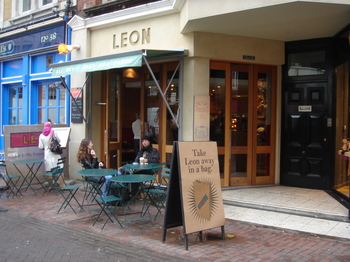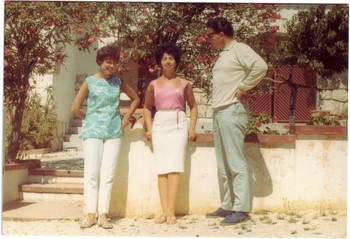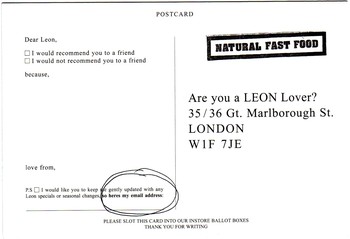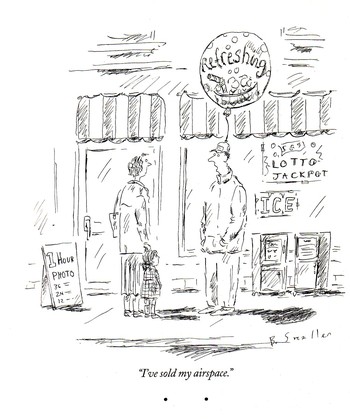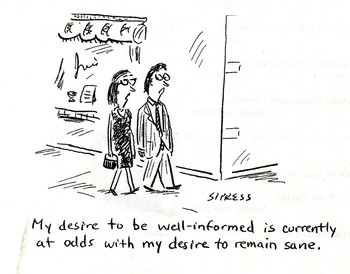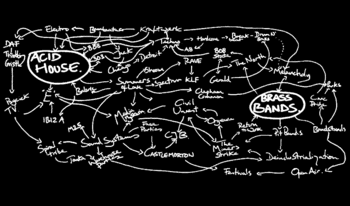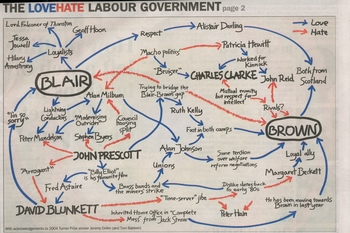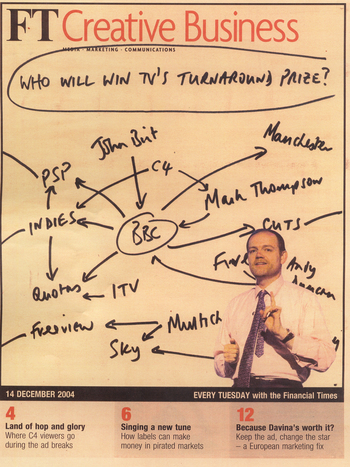So I realise that it's very easy to take any idea and say 'building a long-tail for X' and pretend you've got something better, but I think there's something in this.
Because I think a blog is like a personal long-tail. (And, obviously, if Chris Anderson has already said this, I apologise.)
But the great thing about a blog, or at least this one, for me, is that it's a great place to keep all the smaller, lower interest, everyday bits of your life and your thinking. I'm not posting my most important work here, or my deepest feelings. I'm posting the unconsidered trifles that occur to everyone everyday, that might turn into something, but which'll probably just blow away. And the great thing with the blog is that they just sit here until they come in handy. Or don't. And they're all searchable.
That's how I use it anyway. It's like a personal corporate archive, a searchable depository of little thoughts, quotes, images and ideas. (And it tells me that on August 25th 2003, I was almost stuck in a lift, which I wouldn't otherwise have remembered.)
And it's more than that, it's also a way of building value via accretion (how do you like that jargon?) by which I mean this:
Blogs are a tremendous way of starting things. Any little idea you have, you can start it off, in a very low effort, low key way. And maybe you'll never come back to it, but maybe you will and maybe you'll extend it and then maybe a year later, or whenever, you'll actually have achieved quite a lot. Without really meaning to.
You've built something interesting through the casual accretion of lots of tiny things, rather than the determined effort of one big thing.
Now, of course, if I got my tagging a bit better sorted out that 'personal corporate archive' could stretch across lots of things - Flickr, Backpack, plazes etc. which would be even more useful, and if that integrated with my desktop and spare hard-drives I'd be even more happy.
But anyway, welcome to my personal institutional memory. Enjoy your visit.

